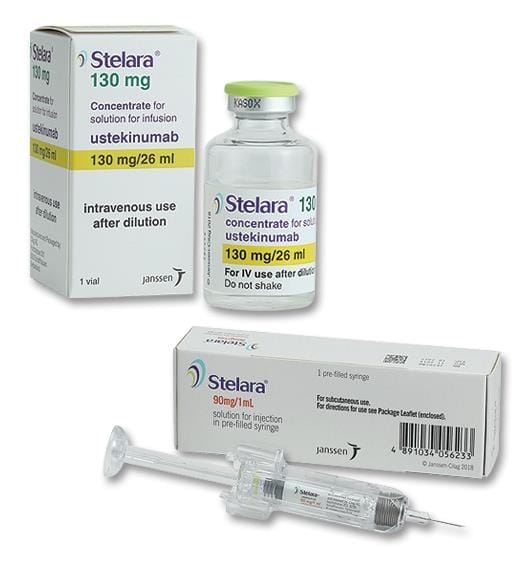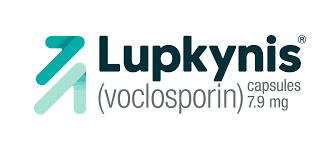Excellence in Rheumatology Care since 1977. Accepting New Patients
Drug Infusions
Rheumatoid Arthritis
Oct 19, 2023
Arthritis can take many forms, from the targeted joint degeneration commonly seen in osteoarthritis to inflammatory conditions such as rheumatoid arthritis, reactive arthritis, gout, and psoriatic arthritis. Inflammatory arthritis often develops when the body’s immune system attacks healthy tissues instead of invading germs.
If you struggle with inflammatory arthritis and worry about the cumulative damage your condition may do to your joints, you may benefit from an advanced form of arthritis treatment called infusion therapy. Check out the following three key points about this approach’s mechanisms, benefits, results, and potential health considerations.
As a general term, infusion therapy involves the use of intravenous medications, drugs placed directly into a vein for instant circulation throughout the body. The intravenous delivery method helps the body take up and use the medication more quickly than either injections or oral drugs.
To combat autoimmune conditions like rheumatoid arthritis, therapists use a class of drugs known as biologics. Biologics work by dampening the body’s overactive autoimmune responses. Different biologics can inhibit B cells, T cells, or proteins called interleukins, substances that trigger inflammation and swelling.
These biologic drugs won’t cure your inflammatory arthritis or repair any damage already done to the joints. However, by getting the inflammation under better control, they can help to minimize any further damage from future bouts of rheumatoid arthritis or other inflammatory arthritis conditions.
Medical professionals administer infusion therapy with all due concern for safety and comfort. Your team will watch your vital signs throughout the procedure. The initial needle jab may sting, but the infusion itself shouldn’t cause discomfort. You can relax by reading, working on your laptop, or watching TV during the infusion process.
Different biologics may require different infusion times. As a result, your infusion session lasts from just 20 minutes to a few hours. However, you can ask for a break at any time during the infusion if you need to use the restroom or attend (briefly) to other business.
The infusion schedule may also vary from every couple of weeks to every couple of months. For instance, if you receive abatacept, you’ll receive initial infusions every two weeks the first month, followed by monthly infusions. If you receive rituximab, you’ll receive a pair of infusions (two weeks apart) each year.
Infusion therapy may produce side effects, most of which don’t pose much cause for concern. Typical side effects include nausea, headache, a rash, and pain at the injection site. (You may receive other medications to forestall some of these side effects beforehand.) Rarely, people experience more acute reactions that require treatment.
Even with infusion therapy delivering biologics directly to your bloodstream, you’ll need to give these drugs time to do their work. You can expect to start feeling positive results a few months after starting your treatments. You may then want to continue your successful treatment regimen indefinitely.
Underlying medical conditions can complicate things for people undergoing infusion therapy for their arthritis. For instance, the infusions can temporarily lower your blood pressure, so let your therapist know about any blood pressure drugs you currently take before starting therapy.


Several reliable organizations provide Support, Education and Advocacy information. A few are listed below. To view a more detailed list click the button below.
Clicking on the foundation below links to the associated link

Ustekinumab (Stelara)
Arthritis Treatment
Biologics
Stelara
Ustekinumab (Stelara) is a biologic medication used to lower inflammation and help adult patients and patients six years or older with moderate to severe plaque psoriasis, adult patients with psoriatic arthritis, and adult patients with moderate to severe Crohn’s Disease and Ulcerative Colitis.

Voclosporin (Lupkynis)
Lupus
Lupus Treatment
Nephritis
The FDA approved voclosporin in 2021 to treat adult patients with active lupus nephritis (kidney inflammation due to lupus). Voclosporin is used in combination with other drugs, including (but not limited to) hydroxychloroquine (Plaquenil), glucocorticoids (steroids), and mycophenolate mofetil (CellCept).

Tumor necrosis factor (TNF inhibitors)
Arthritis Treatment
Biologics
TNF inhibitors
Tumor necrosis factor is a protein in your body that causes inflammation. TNF inhibitors are drugs that help stop inflammation and are used worldwide to treat inflammatory conditions such as rheumatoid arthritis (RA), psoriatic arthritis, juvenile idiopathic arthritis, inflammatory bowel disease (Crohn’s and ulcerative colitis), ankylosing spondylitis and psoriasis.



We are able to see patients by appointment only. If you need to cancel an appointment, please contact our office at least 24 hours in advance. To expedite the check-in process prior to your appointment, please complete the pre-registration paperwork that will be emailed and texted to you through Phreesia. Please bring your insurance cards, method of payment, and identification with you to every appointment.